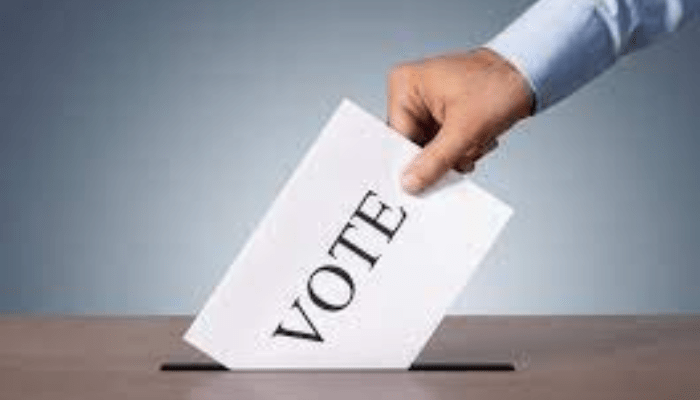
When it comes to voting during elections, the profile of a rural voter is starkly different from that of an urban voter. From the voting pattern, to their needs, priorities, influences, opinions and interests, everything turns out to be extremely contrasting for both these voter profiles. In this article, let us try and understand how the rural voter differs from the urban voter.
Dissecting the Rural Voter
The role of voting in urban India is also very different from that in rural India. If one has to take a deeper look at Rural Voters, one cannot miss the fact that Rural politics functions substantially around groups. The fact that these groups are usually formed around caste and religion masks a more basic reason for their resilience.
In a country that has the second largest population in the world, the primary concerns of voters in different parts of the country can vary quite a lot. While voters may share some common concerns such as national security or the need for the state monetary support, there would be a very large number of local issues influencing their everyday existence, including some as essential as the supply of drinking water or the need for a primary school in their village.
So, in a not-so active political environment, these (rural) voters need to form a group that would be more visible. This may still not be enough to be heard. But, this is still a better option than trying to get their elected representative to listen to their problems (because they are usually inaccessible or create a coterie of people around them who make these local leaders inaccessible). So, a local group around a person who negotiates with the larger political parties, slowly becomes the Vote Bank.
This necessity does not disappear when rural voters migrate to urban areas in search of work. The nature of their uncertainties can, and do, change. A roof over their head, whether small or big, did exist in their village, but became a major challenge in the urban setting. But, their weak economical background usually again pushes them into aligning themselves with their local leaders or intermediaries in the vicinity (or politically active groups who hold a considerable power in the area) which protects them from police or systems.
Dissecting the Urban Voter
But, as voters move up the economic ladder, they tend to be independent of these politically active groups and only get involved, depending on their needs. For instance: An urban voter could develop his own network of influence in the bureaucracy, depending on his or her needs to make the system work for them. Some of them may develop financial means of bringing the system or the administrative network.
So, an urban voter may really rally around a cause or a community linked to a cause. For example: They could form a group and protest against the bulldozing of a Biodiversity Park and make an influence.
Additionally, platforms such as social media and media networks push their messaging further, without the need for a local or public representative. What this eventually does is, it removes the need for an urban voter to approach their public representative, giving them the direct power to voice their concerns.
A middle-class or a predominantly urban voter generally thinks he or she wields power in voting. But, all they need is to want the system at the bigger level to work for them, based on their needs. For example: They have the direct power to write about a civic problem to the Chief Minister or the Governor or to any person in power. This also means that they surpass different levels of legislative power to reach the highest level because of their privilege and access, at different levels (and also due to their advantageous economic background).
Do rural voters matter more to politicians?
Given the stark differences in voting pattern, priorities, needs and behaviours of rural and urban voters, it is clear that politicians will definitely rally behind rural voters who need them for their survival, rather than urban voters who may approach a politician only when they have a need.
Moreover, even schemes and other welfare benefits that governments usually announce are for the economically weaker and underprivileged sections of people. This haphazard distribution of freebies or benefits without a logical explanation (mostly to the rural population) also is another dampener for lower interest from the urban voters to participate in voting.
Additionally, if one goes by the numbers and pattern of voting, data clearly indicates that rural voters are more politically active and have more civic consciousness compared to urban voters who usually react based on their needs and demands. And, hence, the rural voter base is always the preferred one compared to the urban ones.











